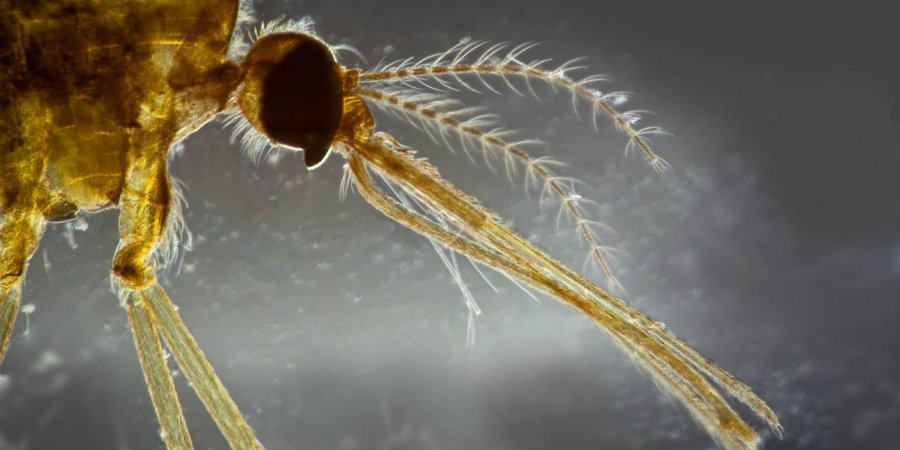A recent study found climate change could wipe out a third of all Earth’s parasites. The study, published September 6 on Science Advances, is the most comprehensive analysis of the matter to date.
A group of scientists from around the world created a massive database of over 100,000 records of parasites and narrowed it down to about 50,000 for their study. They tracked the behaviors of these creatures and noticed their numbers are winding down due to climate change.


The researchers found that if their numbers continue to decrease, about a third of the species will face extinction in the next decades.
Climate change could cause extinction of a third of the world’s parasites
Parasites such as tapeworms, roundworms, lice, fleas, and ticks, play a vital role in ecosystems, according to scientists. The researchers said a major extinction among parasites could lead to unpredictable invasions of remaining parasites into new areas, affecting those ecosystems and making a “significant contribution” to the sixth mass extinction underway on Earth.
“It is a staggering number,” said Colin Carlson, a biologist at the University of Berkeley in California, who led the study, according to The Guardian. “Parasites seem like one of the most threatened groups on Earth.”
The researchers used the collection of 20 million parasites held at the Smithsonian Institution’s Museum of Natural History in the United States to map the global distribution of 457 parasite species.
Afterward, the scientists applied a range of climate models and possible scenarios and found that the average level of extinctions as habitats become increasingly unsuitable for parasites was 10 percent by 2017. However, if the scientists added the loss of host species, the rates rose to a third.
They noted the severity of the impact varied depending on the climatic scenario. For instance, a 20 percent loss of parasite native ranges in areas where carbon emissions are rapidly cut in the future could rise to 37 percent if emissions continue unchecked.
“Parasites are obviously a hard sell,” noted Carlson. “Even if you are grossed out by them –and there are obviously downsides for individual hosts and for humans—parasites play a huge role in ecosystems.”
‘Extinctions and invasions go hand in hand’
Carlson noted parasites provide up to 80 percent of the food web link in ecosystems. Plus, having an extensive network of parasites in an ecosystem also means they compete with each other, which helps decrease the spread of diseases.
“If parasites go extinct, we are looking at a potential massive destabilization of ecosystems [which] could have huge unexpected consequences,” said Carlson, as reported by The Guardian. “That doesn’t necessarily work out well for everyone, wildlife or humans.”
The research team studied over 50,000 records of the 457 parasite species. However, as there are 300,000 species of parasitic worms alone, creating an accurate model of the impact of parasite extinction is complex.
Carlson said it’s quite difficult to summarize the net consequence, as scientists still know very little of parasites. He noted climate change would make some parasites extinct and “make some do better.” However, he added the overall phenomenon is dangerous, because “extinctions and invasions go hand in hand.”
Source: The Guardian

